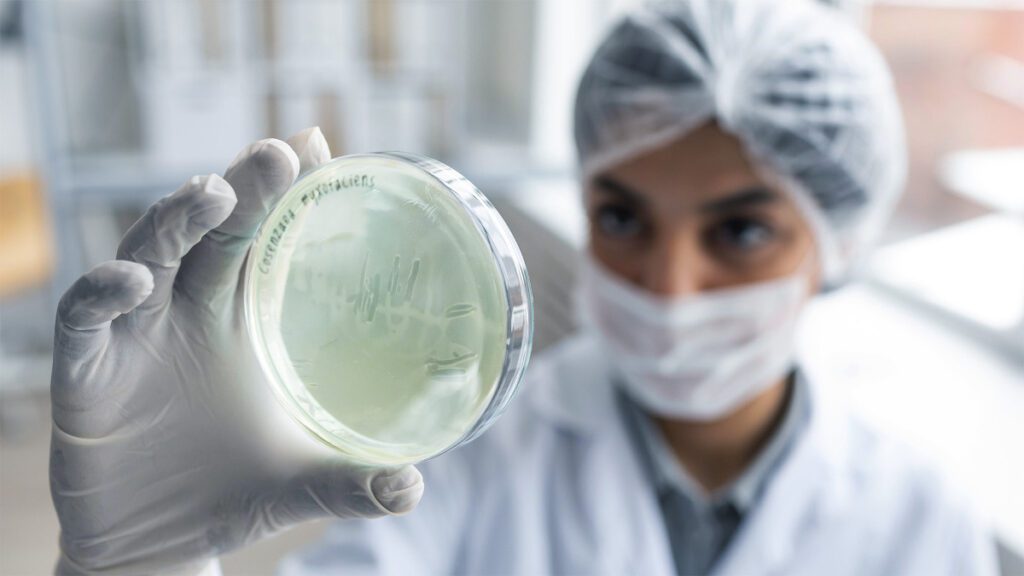IBEC dedicates the 4th edition of its fundraising program, Faster Future, to develop novel strategies to treat infections and diseases caused by antibiotic-resistant bacteria. Specifically, the research seeks to fight biofilms, a substance produced by bacteria that hinders the passage of antibiotics and is responsible for 80% of all microbial infections in humans.

Over the years, microbes and bacteria have been adapting to drugs, seeking ways to evade their attacks and continue infecting. One of their strategies is the production of biofilms, which act as a glue, binding bacteria together in community-like structures and creating a barrier that hampers the effectiveness of antibiotics.
Approximately 80% of all microbial infections in humans are believed to be directly caused by biofilms, which are implicated in a wide range of diseases as they can develop on human tissues or medical devices.
Complications arising from bacterial infections can have severe consequences. In the European Union, antimicrobial resistance already accounts for 25,000 deaths annually. By 2050, this number is projected to increase to 392,000 deaths in the European Union alone and reach a staggering 10 million deaths globally.
Given this data, IBEC decided to focus its 2023 fundraising campaign on the fight against bacterial resistance. The program, which has been successfully running for four editions now, is called “Faster Future” and aims to accelerate scientific research. Its primary focus is helping advanced-stage projects reach hospitals and patients sooner.
The 2023 edition’s research is carried out by IBEC’s Bacterial Infections and Antimicrobial Therapies group, led by Eduard Torrents Serra. The project focuses on the use of specific proteins – enzymes – capable of breaking down the biofilm that binds bacteria together. By weakening the biofilm, the bacteria lose their ability to resist the impact of drugs. Moreover, nanoparticles are employed as carriers to deliver these enzymes to the site of infection, facilitating targeted treatment.





